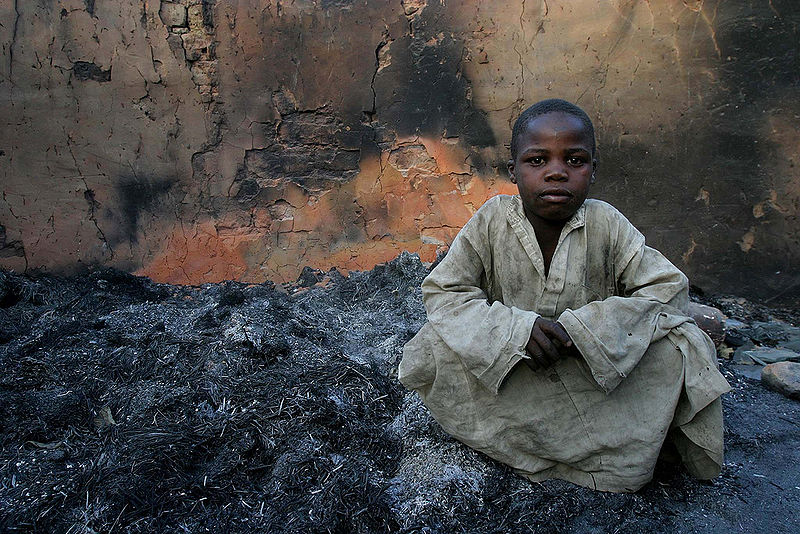The risk of wider violence in the Central African Republic is today at its highest point since the coup d’état of 2003.
By ACAS | 9 December 2008

The International Crisis Group has released a new briefing on the deteriorating conditions in the Central African Republic.
Nairobi/Brussels, 9 December 2008. Central African Republic: Untangling the Political Dialogue, the latest report from the International Crisis Group, argues that the danger of a humanitarian catastrophe and new instability in the country and the wider region is high because both the regime and the main opposition forces see armed conflict as the ultimate way out of the long crisis.
A formal political dialogue between the government of President François Bozizé and its opponents opened on 8 December, creating the possibility of genuine democratisation and state reform if all sides can genuinely seek to manage their differences in a consensual way. “But the political dialogue cannot be viewed as a shortcut for regime change, as the opposition wants to make it”, says Daniela Kroslak, Deputy Director of Crisis Group’s Africa Program. “Rather, it needs to be refocused around organisation of elections in 2010 and negotiation of a credible transitional justice mechanism”.
Donors also need to emphasise that no solution of the political crisis is possible outside the existing legal framework and legitimate elections. Meanwhile, in order to avoid another round of violent regime change, the government needs to complete security sector reform, including equitable integration of the former rebels into the military and police.
The international community bears a share of responsibility for the fragility of the situation. With its readiness to give up on national reconciliation in return for simple disarmament, it has de facto encouraged new insurrections by granting concessions to rebel leaders without asking anything from them except that they return to legality.
The UN mission to the CAR (MINURCAT 2) risks becoming merely a symbolic presence due to budget restrictions and difficulty finding troop contributing countries. If it is forced to reduce its deployment, it should harmonise and coordinate its drawdown with the regional peacekeeping force (MICOPAX) and facilitate smooth handovers and transitions between them, as well as with the French forces that are likewise being cut back.
Even without new conflict, the humanitarian crisis is worsening. Despite the fact that almost one million civilians have been affected by the violence in the north, humanitarian assistance is not guaranteed: almost a quarter of the modest $116 million earmarked for the purpose has not yet been provided. “The CAR is at risk of yet again disappearing from the international radar screen”, warns James Yellin, Crisis Group’s Central Africa Project Director. “If that happens, all the investment of recent years will have been in vain”.
